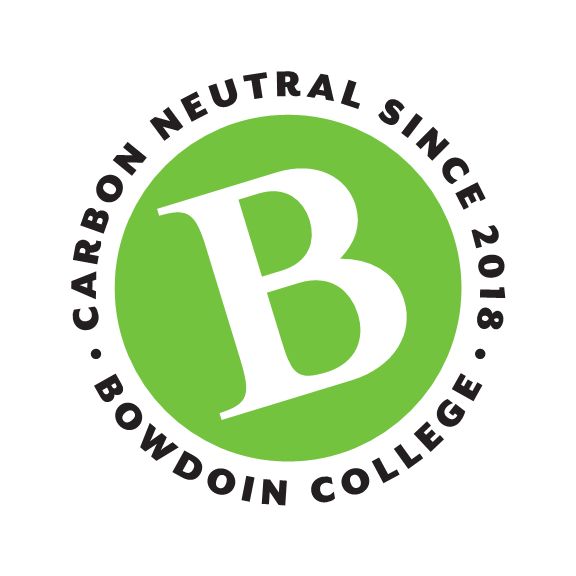Clean Heat
Bowdoin currently relies primarily on the combustion of natural gas to heat the campus, and most of the College’s gas is consumed at the central heating plant, where steam is generated and distributed to heat approximately 65 percent of campus square footage. Our natural gas-fired central heating plant and stand-alone heating systems on the perimeter of campus are currently responsible for roughly 75 percent of the College’s annual carbon emissions. Rather than relying on steam and high-temperature hot water (~180 degrees F) to meet heating requirements, which generally requires fuel combustion, low-temperatrue hot water (~130 degrees F) can be generated through a variety of low-or zero-carbon sources.
Phase 1 (2022–2037)
Achieve a 30 percent reduction of Scope 1 emissions by achieving the following objectives:
- Measure and inventory the airtightness of all campus buildings connected to the heating plant that are more than ten years removed from construction or comprehensive renovation by performing blower door tests and/or other diagnostics.
- Use results from the building assessments to tighten building envelopes of any buildings identified as insufficient through added insulation, window and door replacements, sealing of gaps and cracks, etc.
- Replace or retrofit HVAC systems to match the performance of the improved building envelope to ensure an optimum level of health and thermal comfort for building occupants.
- Systematically replace distributed steam lines with distributed low-temperature hot water piping to all buildings connected to the central heating plant.
- Update campus building design guidelines that commit to no new fossil-fuel-reliant infrastructure.
Phase 2 (2038–2042)
Eliminate Scope 1 emissions by 2042 without the purchase of carbon offsets by achieving the following objectives:
- Decommission or retrofit the existing heating plant in favor of a new energy station powered by 100 percent renewable energy to eliminate all Scope 1 emissions.
- Adopt optimal next-generation technologies to support clean power generation for campus.
- Co-locate a generator with the new energy station that is sufficiently sized to power the entire campus in the event of power outages, thus eliminating the reliance on stand-alone generators to power selected buildings.

Carbon Neutrality
While transitioning campus heating systems to LTHW and moving toward electrification strategies, the College plans to remain carbon neutral through the purchase of voluntary, supplemental carbon offsets. The College began purchasing offsets to match its total Scope 1 and Scope 3 emissions when Bowdoin declared carbon neutrality in 2018. Carbon offset purchases fund carbon reduction projects that are tracked, verified, and certified, either through policy compliance markets (such as the Regional Greenhouse Gas Initiative, or “RGGI”) or voluntary markets established through national registries and reporting standards. As the College improves efficiency and reduces the need for fossil fuel combustion, it will continue to reduce the number of offsets needed each year until fossil fuel use on campus can be eliminated.